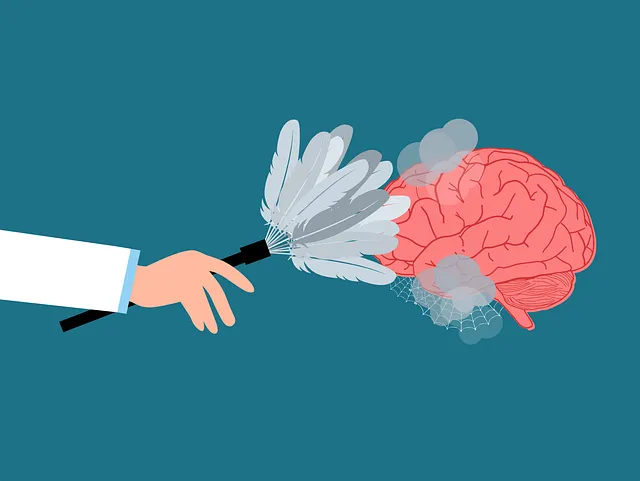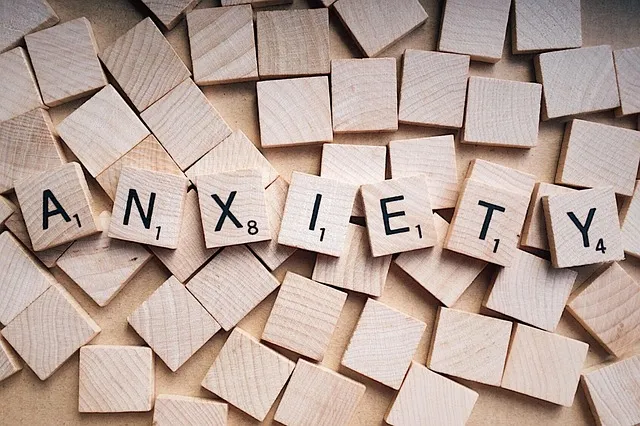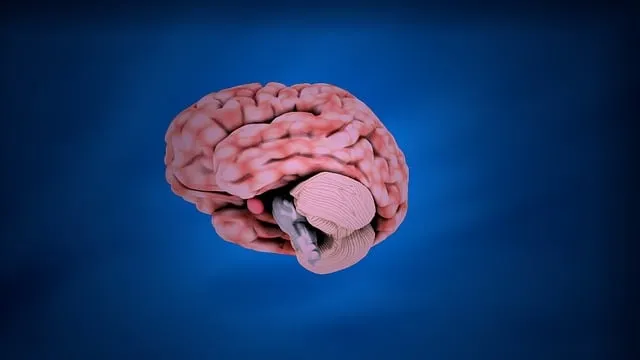The Kaiser Permanente behavioral health center in Castle Rock emphasizes emotional intelligence (EI) as a key driver of personal and professional development. Through self-awareness exercises, therapeutic interventions, and specialized programs, the center equips individuals with skills to recognize and manage emotions, improving mental health and quality of life. EI components include self-awareness, self-management, social awareness, relationship management, and cultural sensitivity, fostering healthier emotional responses and more meaningful interactions. Practices like journaling, mindfulness, and self-care routines enhance emotional resilience and decision-making, ultimately leading to improved overall mental wellness at the Kaiser Permanente behavioral health center Castle Rock.
Emotional intelligence (EI) is a powerful tool for personal and professional growth, and at Kaiser Permanente Behavioral Health Center Castle Rock, we’re unlocking its potential. This comprehensive guide explores EI, breaking down its core components and offering practical strategies to nurture this vital skill set. From understanding your own emotions to empathizing with others, these insights can transform lives and enhance relationships, all inspired by the innovative practices at our leading behavioral health center.
- Understanding Emotional Intelligence: Unlocking Potential at Kaiser Permanente Behavioral Health Center Castle Rock
- The Components of Emotional Intelligence: A Comprehensive Guide
- Nurturing Emotional Intelligence: Strategies and Practices for Personal Growth
Understanding Emotional Intelligence: Unlocking Potential at Kaiser Permanente Behavioral Health Center Castle Rock

At Kaiser Permanente Behavioral Health Center Castle Rock, emotional intelligence (EI) is recognized as a powerful tool for personal and professional growth. EI, often measured through self-awareness exercises, involves recognizing and managing one’s own emotions and understanding how they impact others. This holistic approach to mental well-being has become increasingly important in today’s fast-paced world, where stress and anxiety can take a toll on individuals’ health. By fostering positive thinking and emotional resilience, the center aims to unlock the full potential of its patients.
Through various therapeutic interventions, Kaiser Permanente Behavioral Health Center Castle Rock helps individuals develop self-regulation skills, enabling them to respond adaptively to challenging situations. This involves learning to identify and control emotions, especially in stressful scenarios, which can lead to significant improvements in mental health and overall quality of life. The center’s specialized programs cater to diverse needs, offering tailored support for those seeking anxiety relief and looking to enhance their emotional intelligence.
The Components of Emotional Intelligence: A Comprehensive Guide

Emotional intelligence (EI) is a multifaceted concept that involves understanding and managing one’s own emotions, as well as recognizing, empathizing, and responding appropriately to the emotions of others. At the Kaiser Permanente behavioral health center Castle Rock, experts emphasize that EI encompasses five key components, each playing a crucial role in personal and professional growth.
These components include self-awareness, self-management, social awareness, relationship management, and cultural sensitivity in mental healthcare practice. Self-awareness refers to recognizing one’s emotions, strengths, weaknesses, drives, values, and motivations. Self-management involves controlling impulsive reactions, adapting to stress, and managing one’s emotions effectively. Social awareness is the ability to understand the feelings and perspectives of others, while relationship management focuses on using this understanding to build positive relationships and handle conflicts constructively. Moreover, depression prevention and self-esteem improvement can be significantly enhanced through the cultivation of EI, as it promotes healthier emotional responses and fosters more meaningful connections with others.
Nurturing Emotional Intelligence: Strategies and Practices for Personal Growth

Nurturing Emotional Intelligence is a journey that empowers individuals to connect with their feelings, understand others’ perspectives, and manage emotions effectively. This process is essential for personal growth and well-being, as advocated by professionals at Kaiser Permanente behavioral health center Castle Rock. Engaging in regular mental wellness journaling can be a powerful tool; it allows one to reflect on emotions, track patterns, and gain insights into their mental state. This practice fosters self-awareness, enabling individuals to recognize triggers and develop healthier coping mechanisms.
Additionally, incorporating self-care routine development for better mental health is vital. Activities like mindfulness exercises, deep breathing, or even creative pursuits can reduce stress and enhance emotional resilience. The self-awareness exercises encouraged by behavioral health experts help individuals become more attuned to their internal world, fostering empathy and stronger relationships. These practices collectively contribute to a robust emotional intelligence, leading to improved decision-making, enhanced connections, and overall mental wellness.
Emotional intelligence, a key driver of personal and professional success, can be nurtured and developed through understanding its components and adopting effective strategies. As demonstrated by the practices at Kaiser Permanente Behavioral Health Center Castle Rock, fostering emotional intelligence unlocks immense potential for individuals and organizations alike. By integrating emotional awareness, self-management, social awareness, and relationship skills into daily life, we can enhance our connections, improve decision-making, and create a more positive and productive environment, be it at work or in personal relationships.






